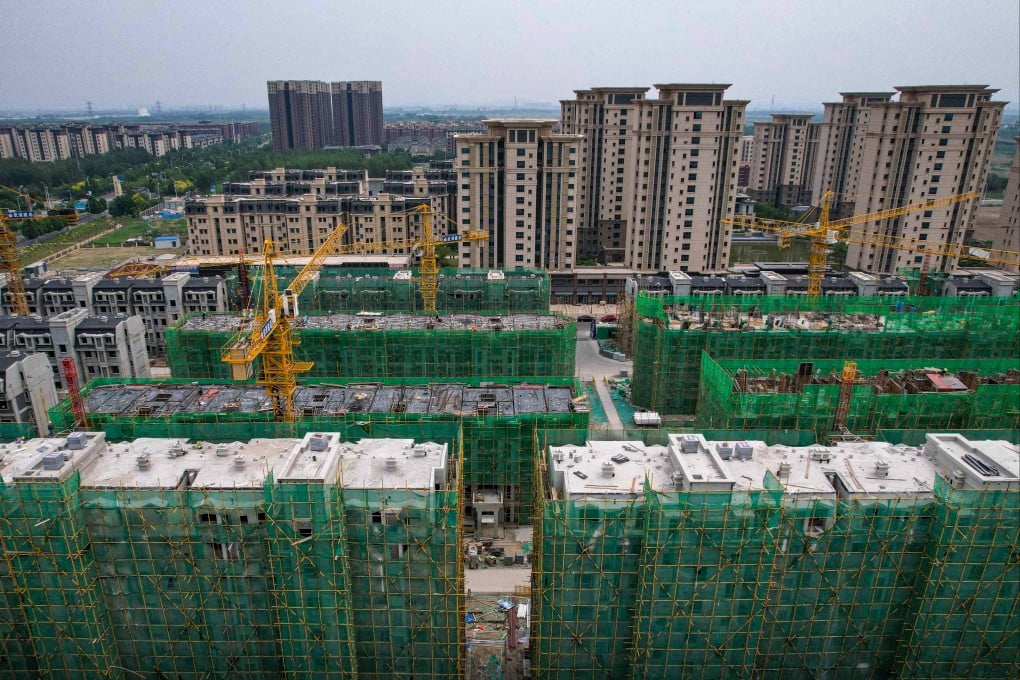Policy support sees China’s tax revenue rise for second straight month
Tax revenue climbs by 5.3 per cent, while non-tax revenue surges by 40.4 per cent

China’s tax revenue rose for the second straight month in November on the back of supportive domestic policies, while local governments continued to struggle with shrinking land sales income amid a prolonged property market slump.
Tax revenue climbed 5.3 per cent year on year to 1.11 trillion yuan (US$152.4 billion) last month, following October’s 1.8 per cent growth, according to calculations by Chinese financial data provider Wind based on official releases from China’s Ministry of Finance.
With non-tax revenue surging 40.4 per cent, overall general public budget revenue jumped 11 per cent in November, marking the first double-digit growth since June last year and the third consecutive monthly increase.
“Among major tax categories, corporate income tax, domestic value-added tax, export rebates, and stamp duty showed notable improvement,” GF Securities said in a research note on Tuesday.
“It offers a clear and direct reflection of the ramped-up countercyclical policies taking effect.”
Beijing has unveiled a slew of supportive policies, starting with monetary easing by the central bank at the end of September, to prop up growth amid weak consumption, rising local government debt and a property downturn.
At last week’s annual central economic work conference, policymakers made the expansion of domestic demand the top economic priority for next year, following the Communist Party Politburo’s earlier promise to adopt “more active” policies and “unconventional” countercyclical adjustments to steer the economy.